- Written By Team DWS
- Festivals
- April 12, 2025
The Significance of Vishu: Understanding Its Cultural Roots
Vishu, celebrated primarily in the southern Indian state of Kerala and parts of neighboring states like Tamil Nadu and Karnataka, marks the beginning of the Malayalam New Year. Typically falling around April 14 or 15, it heralds a time of renewal and rejuvenation, resonating with the rhythms of agrarian life and the rich tapestry of Kerala's cultural heritage. More than just a festival, Vishu serves as a vibrant reminder of the region's traditions, values, and spiritual connections, making it a significant occasion for countless families.
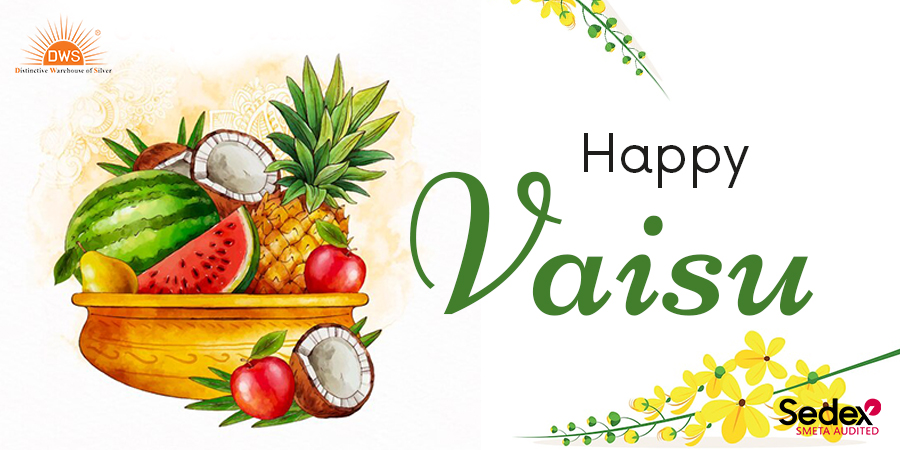
The Historical Context of Vishu
The roots of Vishu can be traced back centuries, intertwining with both mythological narratives and local agricultural practices. It is believed to have been influenced by various cultural and religious traditions, including Hinduism, which plays a predominant role in Kerala's societal landscape. According to prevalent beliefs, Vishu symbolizes the victory of good over evil, abundant harvests, and the onset of prosperity.
Legends often associated with Vishu speak of the mythical king Mahabali, who became a symbol of benevolence and the celebration of abundance. The festival commemorates the mythological day when Mahabali, revered as a deity during Onam, returns to visit his subjects. In this context, Vishu transforms into a celebration of gratitude for the past year while also looking forward to the potential of the year ahead.
Rituals and Customs Associated with Vishu
Central to the celebrations of Vishu is the 'Vishukkani,' which translates to 'that which is seen first on Vishu.' Families wake up early in the morning and uncover the Vishukkani arrangement, usually consisting of items like rice, turmeric, fresh fruits, flowers (especially the golden shower tree, known as 'Kanikkonna'), and a mirror placed before an image of the deity Vishnu. The arrangement is meticulously crafted to symbolize abundance, prosperity, and hope.
The first sight of the Vishukkani is believed to influence the fortunes of the entire year to come. Family members often gather around, offering prayers and expressing gratitude for the abundance in their lives. This act of unveiling not only serves as a spiritual practice but also reinforces familial bonds, promoting unity and togetherness.
Fireworks and celebratory greetings punctuate the day, as people don new clothes and visit temples to seek blessings. For many, Vishu is akin to Diwali in its spirit of joy, celebration, and renewal. The day also involves preparing traditional delicacies, most notably 'Vishu Sadhya,' a lavish feast that includes various vegetarian dishes, showcasing the cuisine diversity of Kerala.
The Socio-Economic Implications of Vishu
Beyond the religious and cultural significance, Vishu also has important socio-economic implications. Traditionally an agrarian society, Kerala’s economy has deep ties to agriculture. The festival acts as a reminder of the onset of the harvest season, crucial for many farming communities. It serves as an opportunity for people to reflect on their agricultural roots and their connection to the land.
The consumption of locally sourced fruits and vegetables during Vishu also promotes sustainable consumption practices. Local markets bustle with vendors selling fresh produce, thereby bolstering small-scale farmers and the local economy. In this way, Vishu becomes a celebration not just of cultural heritage but also of communal resilience and economic sustainability.
Vishu in Contemporary Times
As Kerala progresses in the modern era, the essence of Vishu has adapted, yet the core principles remain deeply entrenched within the community consciousness. Nowadays, Vishu is celebrated by people globally, especially within the Malayali diaspora, which further enriches the festival's appeal. Virtual gatherings during the festival and celebrations organized across various parts of the world reflect a blend of tradition and modernity.
Innovative ways of expressing traditional customs emerge, with younger generations embracing social media to share their Vishu greetings and celebrations. Although there may be a shift in how Vishu is observed, the underlying hopes, prayers for prosperity, and practices of gratitude continue to resonate.
Conclusion
Vishu is not merely a day marked by rituals or festivities; it encapsulates the essence of renewal, community, and gratitude that is integral to Kerala's identity. Its observance fosters a deep connection to cultural roots, a celebration of nature's bounty, and a reminder of the importance of familial bonds.
Whether through the humble offerings of Vishukkani, prayers at temples, or the shared meals of Vishu Sadhya, the festival encourages individuals to reflect on their blessings and aspirations for the future. As the festival continues to thrive and evolve, it remains a cherished symbol of Kerala's rich cultural heritage and a testament to the enduring spirit of its people. So, as the sun rises on Vishu, it illuminates not only new beginnings but also the vibrant history and shared dreams of a community united in celebration.

Vishu FAQs: Everything You Need to Know About the Festival
Certainly! Here’s a frequently asked questions (FAQ) section for Vishu, the traditional festival celebrated mainly in the Indian state of Kerala.
1. What is Vishu?
Vishu is a Hindu festival celebrated predominantly in the state of Kerala, marking the beginning of the new year in the Malayalam calendar. It typically falls in April and is a time for families to come together and celebrate the harvest.
2. When is Vishu celebrated?
Vishu usually falls on the first day of the Malayalam month of Medam, which corresponds to mid-April in the Gregorian calendar. The date may vary slightly each year based on astronomical calculations.
3. What are the main traditions associated with Vishu?
Key traditions include:
- Vishukkani: The viewing of auspicious items on the morning of Vishu, such as rice, fruits, vegetables, and a mirror.
- Vishu Kaineettam: The practice of giving money or gifts by elders to younger family members.
- Fireworks: Celebratory firecrackers to mark the occasion and drive away evil spirits.
- Festive meals: A special feast, often featuring dishes like Vishu Katta or Sadhya (a traditional meal served on banana leaves).
4. What is Vishukkani?
Vishukkani is the first sight that a person sees on the morning of Vishu. It typically consists of arrangements of rice, fruits, vegetables, gold ornaments, and a mirror, symbolizing prosperity and abundance for the coming year.
5. What type of food is traditionally prepared during Vishu?
The feast prepared on Vishu often includes:
- Vishu Katta: A rice dish made with coconut and banana.
- Sadhya: A vegetarian banquet that usually features various curries, pickles, and desserts served on a banana leaf.
- Other traditional dishes like payasam (a sweet dessert) made with rice or semolina.
6. How do families celebrate Vishu?
Families gather to perform rituals, view the Vishukkani, share gifts (Vishu Kaineettam), enjoy festive meals, and engage in community celebrations. It is a time for family bonding and sharing wishes for prosperity in the coming year.
7. Is Vishu celebrated only in Kerala?
While primarily a Keralite festival, Vishu is also celebrated by the Malayali diaspora around the world, including regions like the UAE, the United States, and Europe, where there are significant Malayali communities.
8. Are there any religious rituals associated with Vishu?
Yes, Vishu is often observed with prayers and offerings to deities, especially Lord Krishna. People visit temples, conduct pujas, and make offerings to seek blessings for prosperity and well-being.
9. How is Vishu different from Onam?
While both are significant festivals in Kerala, Vishu marks the beginning of the new year in the Malayalam calendar, focusing on new beginnings and prosperity. Onam, on the other hand, celebrates the harvest and honors the legendary King Mahabali, with a more elaborate festivity that includes grand feasts (Onam Sadhya), cultural performances, and boat races.
10. How can non-Malayalis participate or celebrate Vishu?
Non-Malayalis can participate in Vishu celebrations by learning about the traditions, preparing or joining in communal meals, and engaging in festivities with friends who celebrate the festival. Understanding and appreciating the cultural significance of the ritual can make the experience enriching.
If you have more specific questions or topics regarding Vishu, feel free to ask!
Popular on Blogs
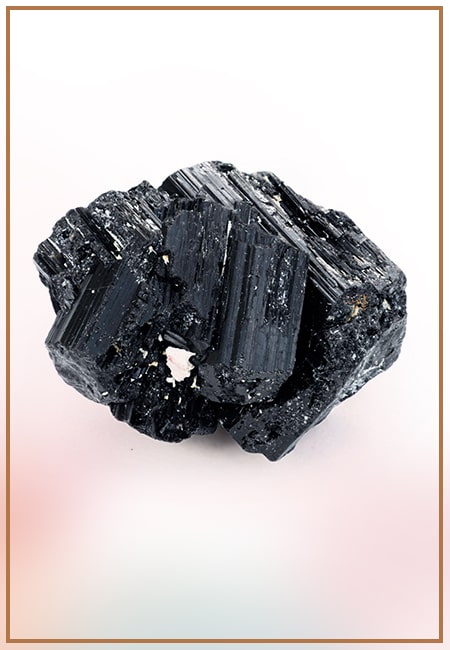
Black Tourmaline: Meaning, Healing Properties, Fascinating Facts, Powerful Attributes, Versatile Uses, and Beyond
September 05, 2023 / BY Team DWS
Black Tourmaline, also known as Schorl, is a highly revered crystal with incredible metaphysical properties. It derives its name from the Dutch word "turamali," meaning "stone with ..
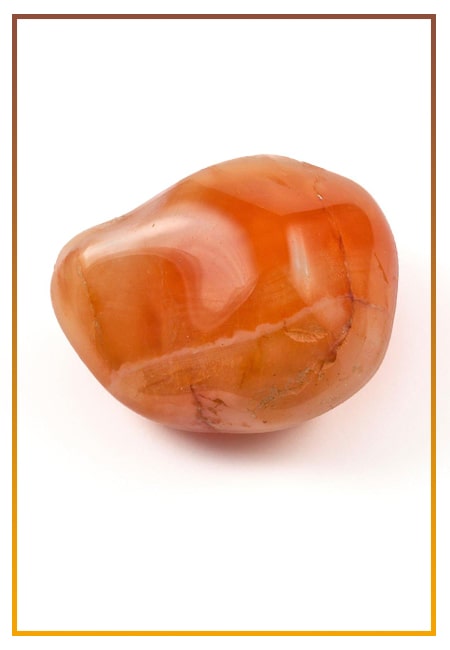
Carnelian Stone: Meaning, Healing Properties, Power, Facts, Color, Uses and More
December 26, 2023 / BY Team DWS
Carnelian is a vibrant and captivating gemstone that holds a plethora of meanings, healing properties, and powers. Its warm and fiery energy makes it a popular choice among crystal ..
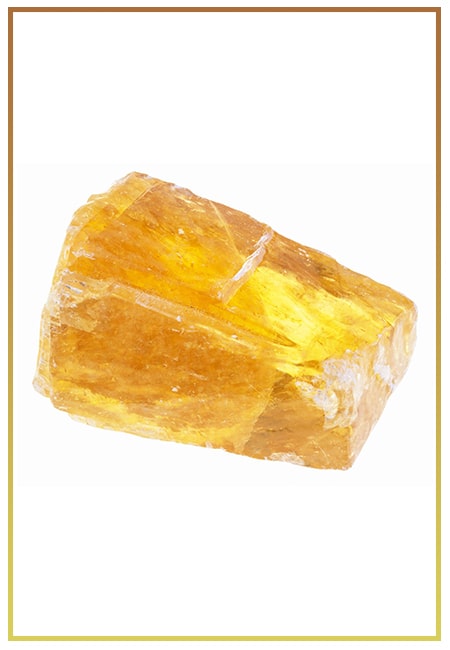
Citrine: Exploring its Meaning, Healing Properties, Fascinating Facts, Powers, Versatile Uses, and Much More
November 18, 2023 / BY Team DWS
Citrine, with its warm golden hues, has captured the attention and imagination of people for centuries. This beautiful gemstone, commonly associated with wealth and prosperity, hol ..

Black Onyx: Unveiling the Meaning, Healing Properties, Fascinating Facts, Powerful Attributes, Versatile Uses, and Beyond
July 25, 2023 / BY Team DWS
Black Onyx, a striking gemstone admired for its deep black hue and elegant appearance, has captivated people for centuries. In this comprehensive guide, we will delve into the mean ..
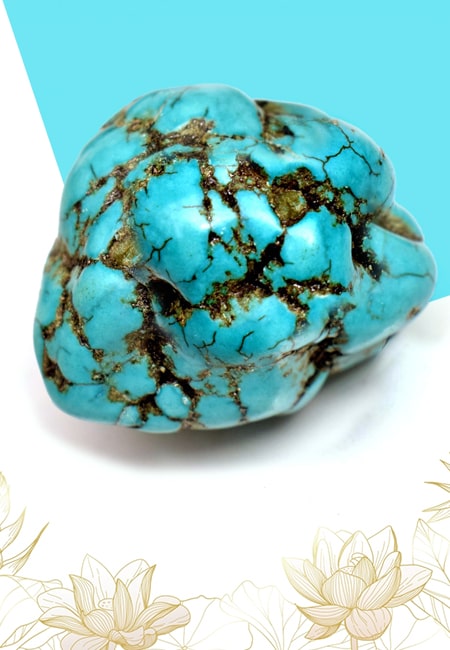
Unveiling the Mysteries of Turquoise Stone: Exploring its Meaning, Healing Properties, Power, Facts, Color, Uses, and More
December 05, 2023 / BY Team DWS
Turquoise, with its captivating blue-green hue, has been adorning jewelry and artifacts for centuries. This striking stone has a rich history, rich symbolism, and a plethora of int ..
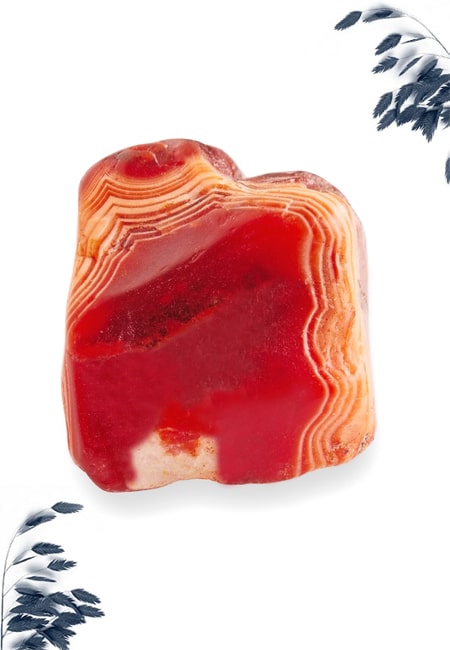
The History Behind The Popularity of Red Agate
December 23, 2022 / BY Team DWS
An Agate is a type of magma rock that takes many years till it is washed out naturally into the water. And that is the reason this stone has elements of water. This beautiful stone ..

Plan a Perfect Valentine's Week with Our Valentine Week List 2025
January 22, 2024 / BY Team DWS
Valentine's Day is undoubtedly the most romantic day of the year, but we believe that one day is just not enough to express your love and make your partner feel special. That's why ..

Bloodstone: Unveiling the Meaning, Healing Properties, Facts, Powers, Uses, and More
August 21, 2023 / BY Team DWS
Bloodstone, with its captivating deep green color with specks of red, is a mesmerizing gemstone that has fascinated civilizations for centuries. It possesses unique healing propert ..


